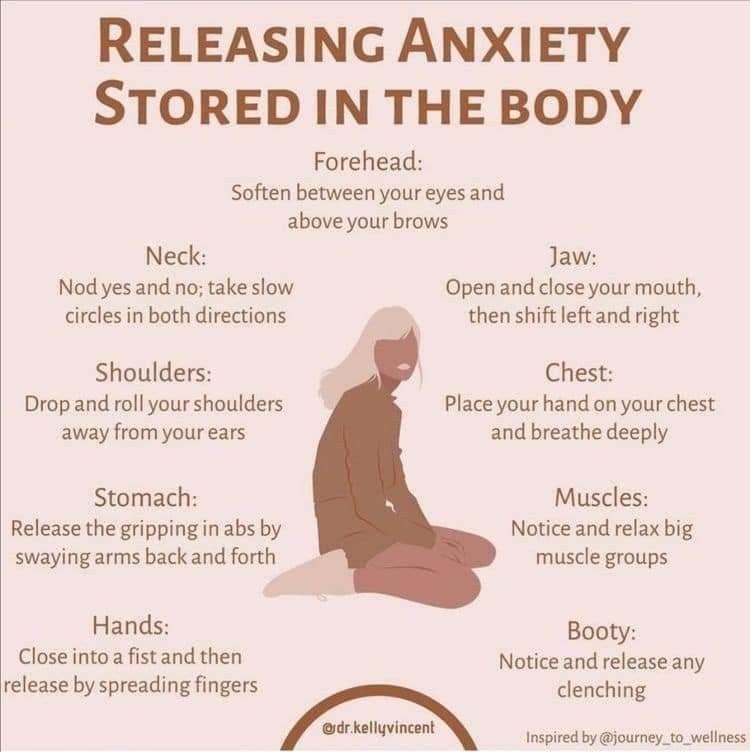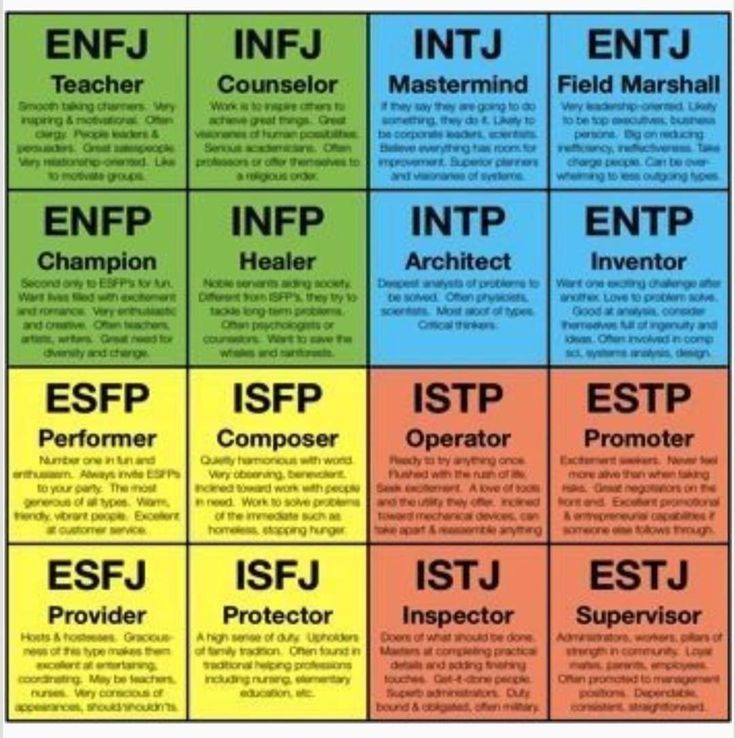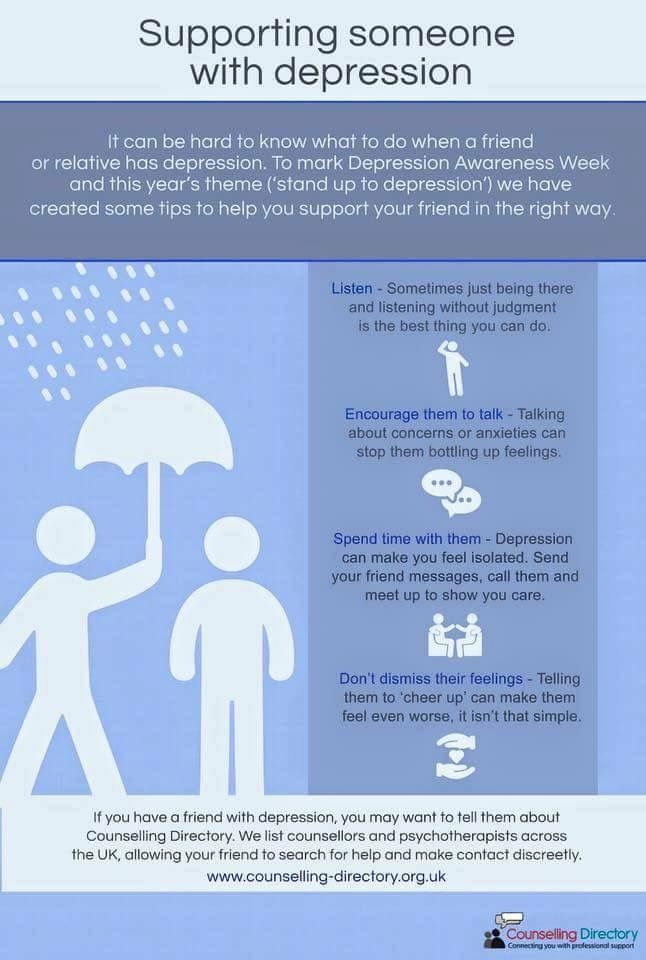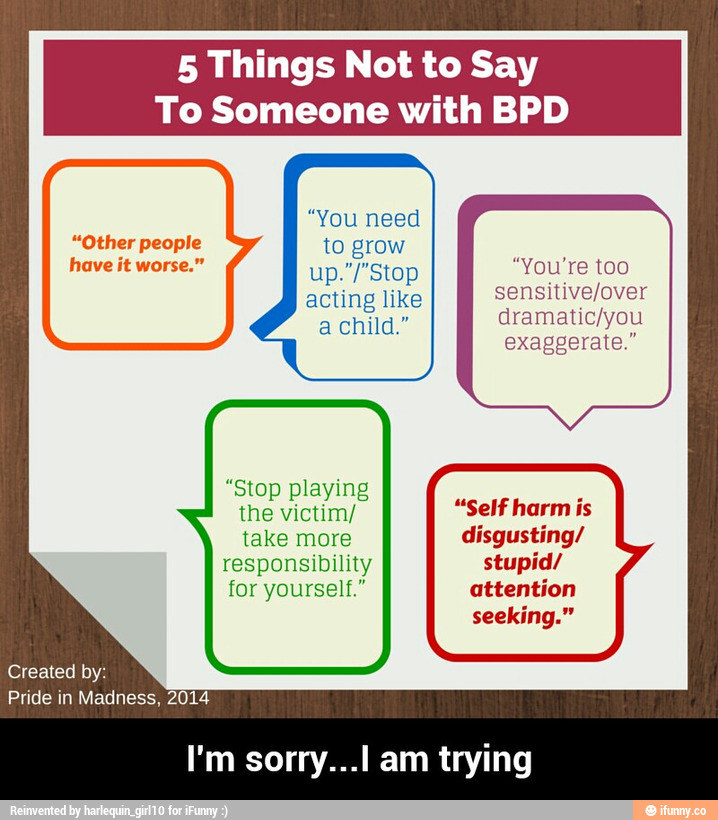Ways to become a better communicator
14 Simple Rules That Will Make You A Better Communicator
By Paola Pascual on Nov 29, 2022 6:00:00 AM
Think for a second about all the conversations that you found extremely interesting and that you still remember. What do they all have in common? How can you have more of those awesome conversations by becoming a better communicator?
After working as an English instructor for over a decade, studying cross-cultural communication and psychology, and reading all the articles I found on improving communication skills, I summarized the top 14 (simple but highly effective) rules that will make you a better communicator. Here we go!
1. Listen more, speak less
Stephen R. Covey, author of The 7 Habits of Highly Effective People, said: “Most people do not listen with the intent to understand; they listen with the intent to reply.” And we do it all the time, we listen to people with the only purpose of putting together a response that makes sense.
We tend to spend more time thinking about our reply than actively listening to what others have to say. This makes us listen only partially and the result is us missing out on a lot of potentially valuable information.
In corporate life, many believe that those who talk the loudest win the day. Yet leaders who know when to keep their mouths shut and listen have a better chance of being heard, believed, and followed. Listen carefully first and only once they are finished, do start to think about what to say yourself.
2. Be fully present
How many times have you been in a conversation pretending to be listening, but you were actually thinking about the shopping list? And how distracting is it when you notice that the other person is doing so while you are speaking to them? No one likes this. We do love, though, when we feel they are interested in what we are saying, so why don’t we do this all the time? Because it takes concentration, and it’s easier to get distracted.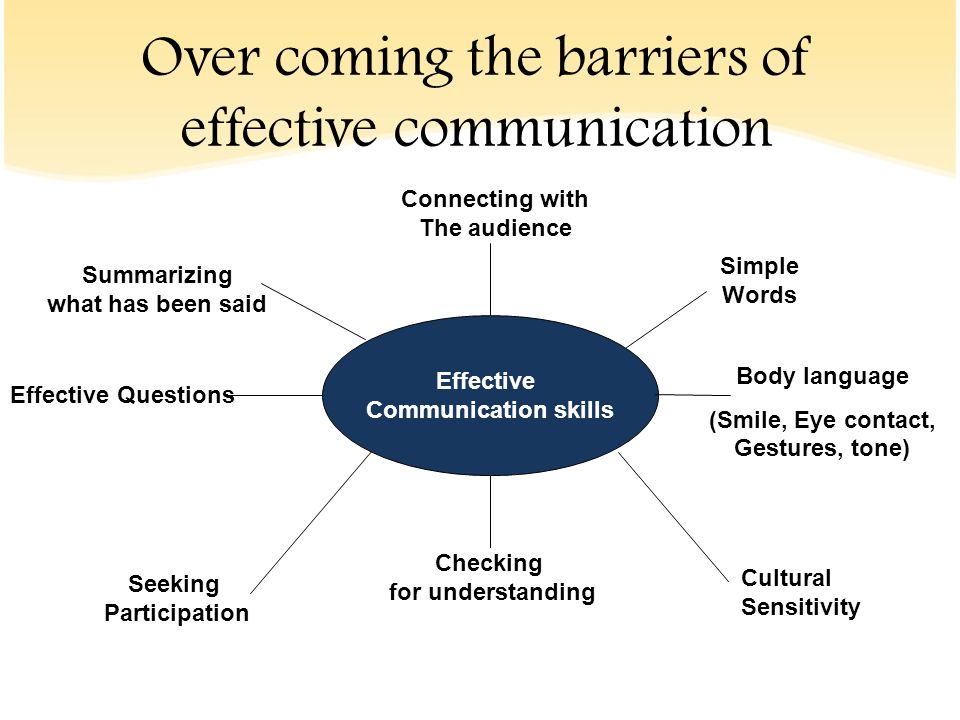 Notice that being fully present doesn’t just mean putting your phone away. It means focusing on the conversation, and only on the conversation. Stop looking at what’s happening in the background or at that cute person that just walked in. Don’t try to know everything that’s going on in the room and be fully present.
Notice that being fully present doesn’t just mean putting your phone away. It means focusing on the conversation, and only on the conversation. Stop looking at what’s happening in the background or at that cute person that just walked in. Don’t try to know everything that’s going on in the room and be fully present.
3. Talk with people, not at people
“I loved that guy that was preaching his ideas without listening to me; I really enjoyed the conversation”, said no one ever. Speaking up is awesome, sharing your ideas is fantastic. But the line between being assertive and sounding bossy or arrogant can be too fine. Give your opinion, share your ideas, but also listen to what others have to say. Enter a conversation with an open mind, be ready to learn, and take in new perspectives. After all, a conversation is based on interaction, it only works both ways. Otherwise, don’t call it a conversation.
4. Be consistent, but don’t repeat yourself too much
It’s important to be consistent and coherent with your ideas, and the technique of paraphrasing (saying the same thing in different ways) is awesome to make sure your point gets through. However, you also risk sounding self-centered and repetitive, and the result tends to be bored people trying to get the heck out of the conversation as soon as possible. And you don’t want that. You want to have a pleasant conversation, and hope for the others to think likewise. So don't repeat yourself too much and keep giving them new information throughout the chat to keep them interested. Work on your communication skills with an expert teacher.
However, you also risk sounding self-centered and repetitive, and the result tends to be bored people trying to get the heck out of the conversation as soon as possible. And you don’t want that. You want to have a pleasant conversation, and hope for the others to think likewise. So don't repeat yourself too much and keep giving them new information throughout the chat to keep them interested. Work on your communication skills with an expert teacher.
5. Use your voice wisely
Sometimes it is not what you say, it’s how you say it. The more musical and rhythmic your voice is, the clearer and more memorable it will be. In his TED Talk How to speak so that people want to listen, Julian Treasure briefly talks about concepts like register, timbre, prosody, pace, pitch, and volume. It’s a super interesting talk, but these are some key takeaways:
- Lower, deep voices convey power and authority
- We prefer voices that are rich, smooth, and warm
- Monotonous voices are not easy to listen to
- Intonation, rhythm, and stress are important
- We get excited by saying something really quickly, loudly
- We can also slow down and lower the volume to emphasize
- Silence is gold and can be very powerful.
 Much better than those uhms and ehs.
Much better than those uhms and ehs.
Use all these tools and tricks wisely and make people instantly more interested in what you have to say.
6. Make it about them
Empathy is a fantastic skill, and we love to feel on the same wavelength as other people, but when they are telling you a problem, falling into the trap of “me too” does not help (I’m not talking about any hashtags here). What I mean is, when you hear about how bad your friend feels at work, they don’t need to hear that you also feel bad a work, let alone that you feel even worse. It’s not the same. It’s never the same. Each story is an individual and unique case, and instead of comparing yourself to them, just listen and focus on their situation.
7. Be transparent
From all those memorable conversations you’ve had, probably most of them, if not all, have something in common: you connected with the person. This is one of the golden rules to have meaningful and great conversations: connecting. And it is possible to connect at an emotional level even if you don’t seem to have anything in common. How? Through honesty. Be transparent, don’t lie, don’t pretend to know things you don’t. Be human. People are more likely to bond with you if you lay your cards on the table and they see your true self.
And it is possible to connect at an emotional level even if you don’t seem to have anything in common. How? Through honesty. Be transparent, don’t lie, don’t pretend to know things you don’t. Be human. People are more likely to bond with you if you lay your cards on the table and they see your true self.
More on how transparency helps you at work: 10 Strategies to Build Diversity and Inclusion in the Workplace
8. Ask open-ended questions
Become a journalist and ask more questions! Why? A few important reasons: it will increase your likeability, it will make you look smarter, and you’ll probably learn something new. Go for the Five Ws - What, When, Where, Who, and Why. Oh, and How, of course. These are open-ended questions and they are used in journalism to gather information -make them your allies. If you ask a Yes/No, you are dooming the topic to be over soon, but starting a question with one of the W’s makes them stop and think about what to say.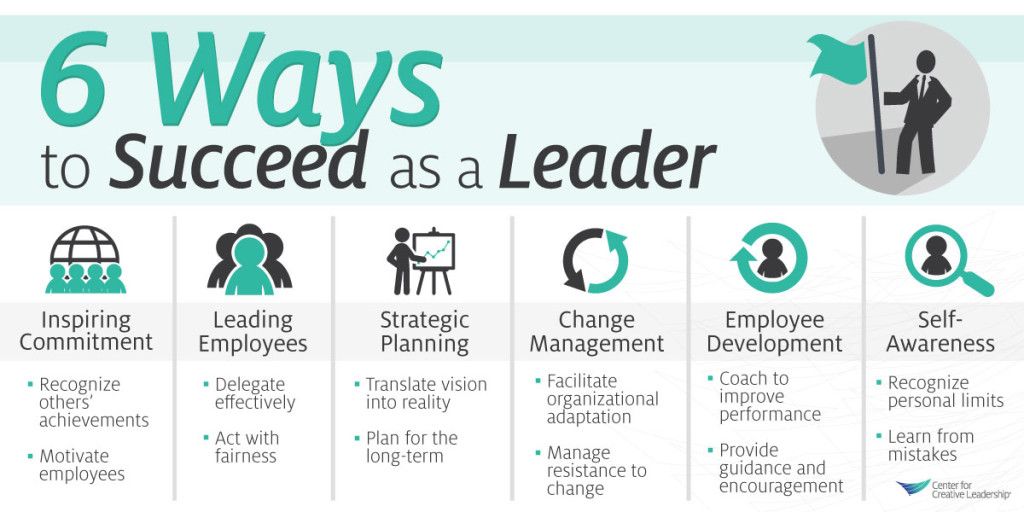 For example, if you ask “Did you like the event?”, you’re pretty much forcing them to say yes or no. While “What do you think about the event?” encourages them to come up with a more elaborate (and potentially more interesting) answer. Ask questions, learn how to express yourself confidently in meetings and be genuinely interested in the answers.
For example, if you ask “Did you like the event?”, you’re pretty much forcing them to say yes or no. While “What do you think about the event?” encourages them to come up with a more elaborate (and potentially more interesting) answer. Ask questions, learn how to express yourself confidently in meetings and be genuinely interested in the answers.
9. Let it go
Have you ever watched an interview where the interviewer asked a question that came out of the blue, totally unrelated to the previous answer, or already answered? This looks awful and breaks the charm. It happens because we are so engrossed in our own answers that we don’t listen and help the situation flow. So, if you have an absolutely awesome question to ask or a super witty comment to make, but it just simply doesn’t fit in the context anymore - Let. It. Go. Seriously, go with the flow and move on to the next thing.
10. Cut the fluff
Cut the fluff. Get rid of unnecessary information. Unless the other person is really going to benefit from the details, leave them out. Super exhaustive explanations with all sorts of data tend to be tedious and people usually don’t care. Make the most of the time you are given to speak before the other people lose interest and go straight to the point, especially in group settings. Figures can be interesting sometimes, don’t take me wrong, but only if they fit in naturally and you don’t need to stop to try and remember them.
Get rid of unnecessary information. Unless the other person is really going to benefit from the details, leave them out. Super exhaustive explanations with all sorts of data tend to be tedious and people usually don’t care. Make the most of the time you are given to speak before the other people lose interest and go straight to the point, especially in group settings. Figures can be interesting sometimes, don’t take me wrong, but only if they fit in naturally and you don’t need to stop to try and remember them.
11. Use the active voice
Use the active voice for more impact and clarity. In a nutshell, passive voice is a grammar construction in which the object becomes the subject (called the passive subject).
- Passive: A mistake was made.
- Active: We made a mistake.
This grammatical form is correct and is often used when you want to omit the subject. However, when used in speaking, it tends to sound weak and either pedantic or evasive. Use the active voice instead to convey a stronger, more direct, and ultimately more clear message.
Use the active voice instead to convey a stronger, more direct, and ultimately more clear message.
12. Make it simple
Simplicity always seems to be a golden rule. Even when communicating complex ideas, try to limit the jargon to a minimum, unless it’s a commonly used word that all the people around know. When you are having a conversation, avoid pompous words that hardly anyone understands and save them for when you are writing a novel.
13. Be clear
Clarity is key. First, understand what it is that you want to communicate, and then try to lay it out in the clearest way. They will appreciate you not being ambiguous. If they can clearly understand your point, they will feel more at ease and the whole conversation will flow.
Do you have some problems explaining yourself? One of our teachers will help you improve.
14. Be brief
Nobody likes to listen to someone for 40 minutes until they finish their point to be able to feel part of the conversation again. Don’t give one-word answers, but remember - it’s an interaction, and as such, both parts should take fairly short turns to speak. Celeste Headlee also talks about some of these points in her TED Talk, and when she mentions brevity, she quotes her sister: “A good conversation is like a miniskirt; short enough to retain interest, but long enough to cover the subject.”
Don’t give one-word answers, but remember - it’s an interaction, and as such, both parts should take fairly short turns to speak. Celeste Headlee also talks about some of these points in her TED Talk, and when she mentions brevity, she quotes her sister: “A good conversation is like a miniskirt; short enough to retain interest, but long enough to cover the subject.”
Put all these rules into practice and tell us your favorite tip on LinkedIn. Do you know of any awesome communicators? Would any of your friends benefit from these tips? Send them this post and let them know!
Listen to our Talaera Talks episode on Spotify to find out our favorite strategies to become an effective communicator.
Improve Your Business English Skills
Continue improving your communication skills for professional situations with our free resources. If you are serious about improving your business English skills, get in touch with Talaera. We will help you take your professional English communication skills to the next level.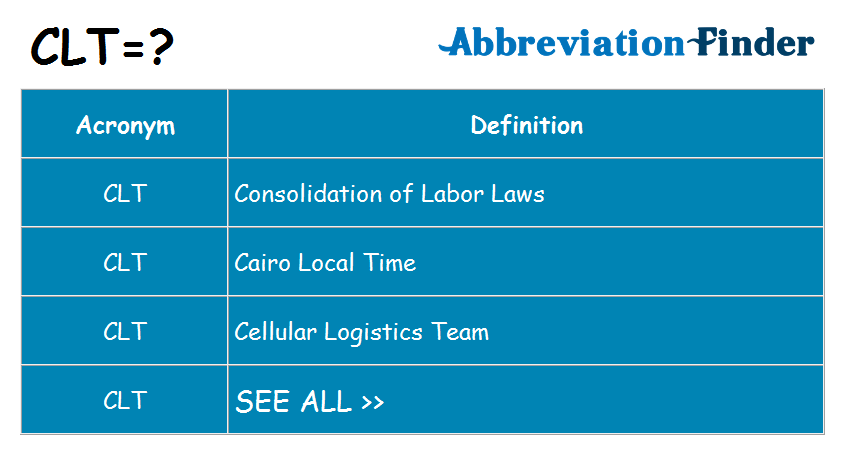
PS: Check if our newest Presentations Intensive Course is for you!
For any additional information or questions, you can also reach out at [email protected]. Stay in the loop with events, offers, and business English resources: Subscribe to our newsletter.
More resources on presentation skills:
- 21 Helpful Tips For Remarkable and Outstanding Presentation Skills
- How To Start a Presentation: Follow These 4 Easy Steps
- How To Bring Across Your Main Idea In A Presentation Effectively
- 5 Effective Strategies To End A Presentation
- 6 Public Speaking Tricks To Captivate Your Audience
- How To Do Effective Business Storytelling According To Former Prosecutor
- 8 Little Changes That'll Make A Big Difference With Your Presentations
- 3 Quick Public Speaking Tips For Your Next Presentation
[Originally posted in October 2018 and recently updated to make sure we keep bringing you relevant content every day.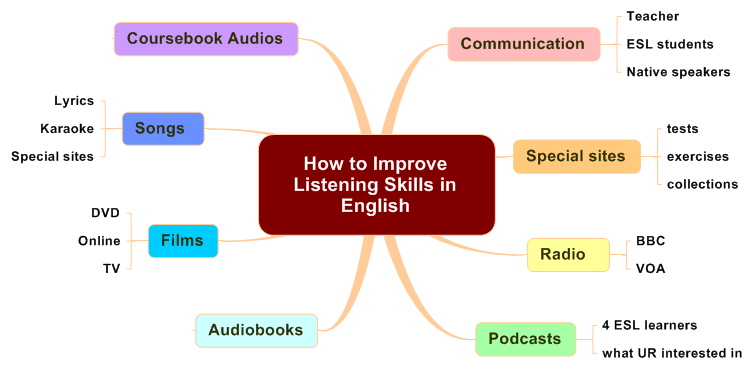 ]
]
11 Ways to Become a Better Communicator
Knowing how to communicate effectively is the key to any relationship. Whether you’re giving a presentation at work, working out a disagreement with your significant other, or just having a chat with a friend, knowing how to articulate your ideas—and listen to those of others—is crucial. But though we spend much of our time each day talking to each other, that doesn’t mean we’re all great communicators. Communicating effectively can be surprisingly challenging. So whether you struggle to get your points across or just want to brush up on a few pointers, here are 11 ways to be a better communicator.
1. LEARN TO LISTEN.
Active listening is the basis of all good communication: If you aren’t paying attention to what others are saying, there’s no way you’ll be able to respond effectively. Focus on what your conversation partner is saying, and if necessary, repeat it mentally to make sure you understand the points they’re making.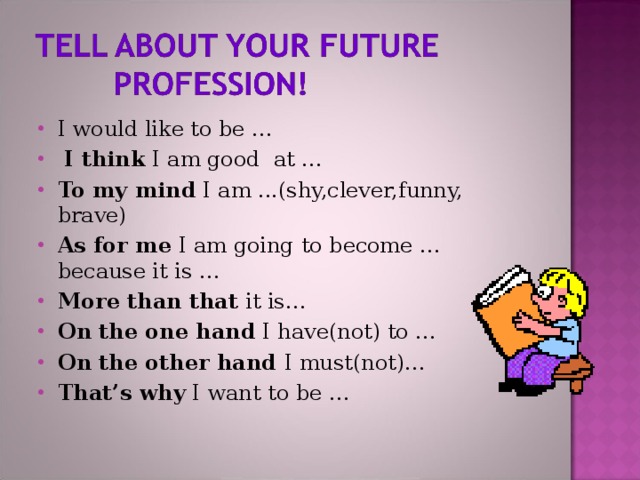
2. PAY ATTENTION TO BODY LANGUAGE.
Pay attention to your conversation partner’s body language: Are they fidgeting or standing still? Yawning or smiling? Pay attention to your own body language as well—if your words exude confidence, but your body language expresses nervousness, your conversation partner will pick up on that. It’s important both to read others’ body language, and to pay attention to your own stance.
3. OBSERVE HOW OTHERS COMMUNICATE IN DIFFERENT CONTEXTS.
It’s important to understand your audience. If you’re giving a presentation at work, study how others do it (or watch videos of famous lectures by academics, businesspeople, or professionals in your field). If you’re nervous about how to act at a networking event or party, take cues from the people around you.
4. DON’T BE AFRAID OF A BIT OF SILENCE.
Occasional lapses in conversation are natural, so don’t sweat it if conversation lags.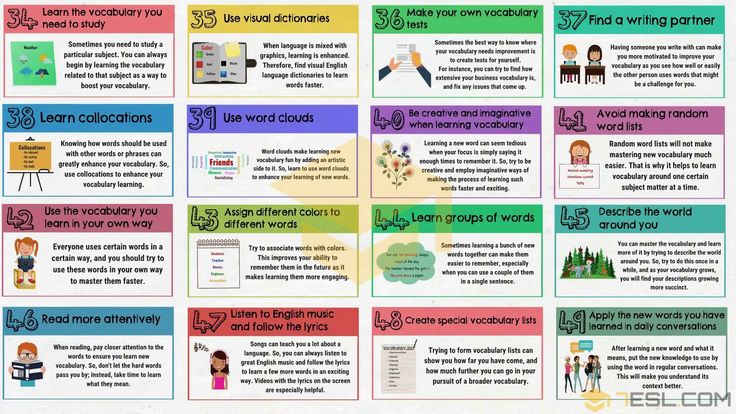 Plus, letting pauses occur naturally is a good way to make sure you’re not interrupting anyone’s train of thought.
Plus, letting pauses occur naturally is a good way to make sure you’re not interrupting anyone’s train of thought.
5. USE ACTION VERBS AND CONFIDENT LANGUAGE.
Even if you’re not feeling confident, you can still sound confident. One good trick is avoiding filler words like “um” and “uh” by slowing down your speech a bit. Another is using strong action verbs—use your resume for fodder and stick to descriptive verbs like “evaluate,” “manage,” and “advise.”
6. ASK QUESTIONS.
Ask clarifying questions: It’ll ensure you understand what your conversation partner is saying, and show that you’re paying attention.
7. FIND COMMON GROUND, EVEN IN AN ARGUMENT.
Finding a shared interest or opinion with your conversation partner is always a great strategy—it’ll make the conversation more enjoyable for both of you as well as show your conversation partner that you’ve got something in common. But finding common ground in an argument can be just as important. If you disagree with someone, try to find a related point that you do agree with—it’ll show you’re trying to understand their point of view.
But finding common ground in an argument can be just as important. If you disagree with someone, try to find a related point that you do agree with—it’ll show you’re trying to understand their point of view.
8. BE PREPARED AND KNOW WHAT YOU’RE TALKING ABOUT.
Knowing your subject matter will put you at ease and make it easier to communicate your ideas to others. If you’re preparing for a job interview, make sure you are familiar with the position and the company; if you’re giving a presentation, know your stuff!
9. IF YOU WANT TO SUBTLY CHANGE THE SUBJECT, FIND A VERBAL BRIDGE.
We all occasionally end up in a conversation that’s not going in a direction we like. Finding a polite way to change the subject can be tough, but one good trick is finding a “bridge.” This can mean finding a topic somewhere in between the current one and the one you’re interested in or involve using a more general phrase that will help you shift the topic. For instance, phrases like “Yes, but,” “What I can tell you is,” or “The important thing to remember is,” all let you subtly shift the focus.
For instance, phrases like “Yes, but,” “What I can tell you is,” or “The important thing to remember is,” all let you subtly shift the focus.
10. FIND THE BEST WAY TO FRAME YOUR STORY.
Whether you’re giving a lecture or telling your friend a funny story, it’s important to figure out how to frame it to make it interesting and engaging. Identify your hook (What makes your story interesting? Why would others care about it?) and pick a framing device: Are you taking your listener on a journey? Explaining a theory? Or making an argument for something? It’s important to clearly define early on where your story is going.
11. RELAX.
Though it’s important to be self-aware during an important or stressful conversation, ultimately one of the most effective communication strategies is just relaxing, and acting like you would normally—while, of course, remaining professional.
Wells Fargo Advisors considers the firm, their advisors and their clients as equal partners with no hierarchy. This not only makes for smooth and easy communication, but also ensures they put their investors’ interests first. Learn more at joinwfadvisors.com.
This not only makes for smooth and easy communication, but also ensures they put their investors’ interests first. Learn more at joinwfadvisors.com.
Wells Fargo Advisors, LLC, Member SIPC, is a registered broker-dealer and a separate non-bank affiliate of Wells Fargo & Company.
How to Be a Good Communicator • BUOM
By Indeed Editorial Team
February 22, 2021
Strong communication skills are an asset in and out of the workplace. Providing accurate and effective information is a key skill that employers look for when hiring and promoting employees. Continually developing your communication skills can help you move up the corporate ladder and develop a healthy, open dialogue with your bosses and colleagues. In this article, we will discuss why it is important to be a good communicator and how to become a good communicator. nine0003
Why is it important to be a good communicator?
It is important to be a good communicator so that your colleagues and other audiences understand the information you are presenting. Strong communication skills can help prevent misunderstandings, mistakes and frustration.
Strong communication skills can help prevent misunderstandings, mistakes and frustration.
Being a good communicator can improve your professional and personal relationships. Employers and colleagues can rely on the information you provide to be confident in how you represent your company to clients, customers and others. Using direct, honest and professional communication strategies increases your professionalism and value in the workplace. nine0003
In addition, a good communicator improves your career prospects. Employers want team members to be able to communicate effectively with others in writing and in person. This reduces lost time, which can improve efficiency and productivity.
20 Ways to Become a Good Communicator
Here are 20 Ways to Be a Good Communicator:
Listen
During a conversation, listening carefully to the speaker is the first step to becoming a good communicator. Try to understand what the person is saying, what questions they are asking, and how they expect you to respond.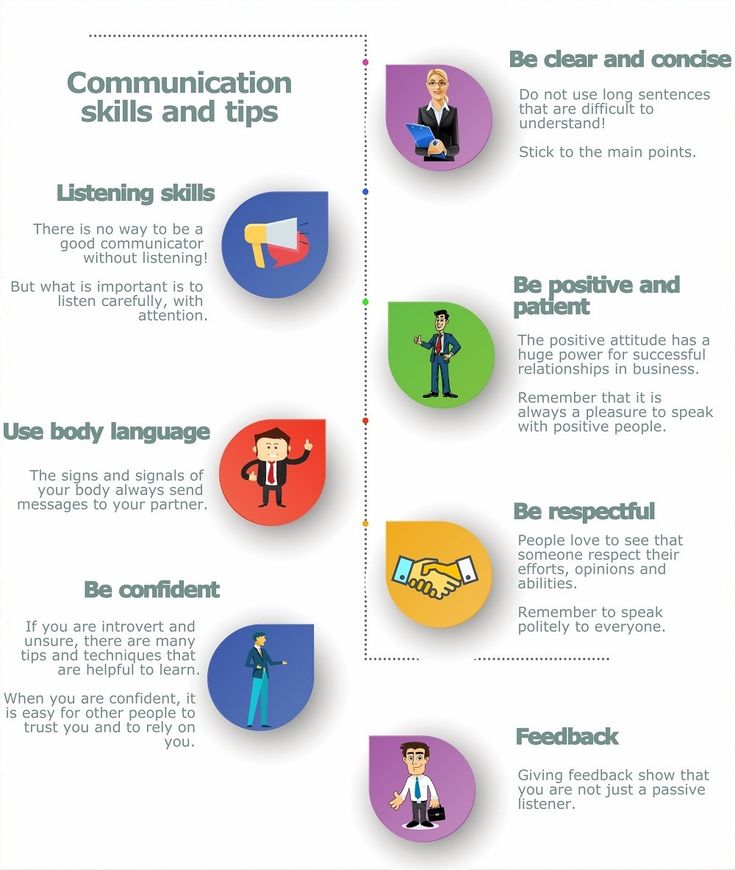 Don't think about your answer while someone else is talking. nine0003
Don't think about your answer while someone else is talking. nine0003
Paraphrase what you heard
Before answering, paraphrase what you think the other person said and repeat it to them. For example, you could say, "You need two weeks to finish your report, right?" Using this type of feedback ensures that what you heard is what the other person meant and helps avoid misunderstandings.
Ask questions
If you don't understand a statement or argument, ask questions. Having all the right information is key to formulating answers and creating a productive dialogue. If you can't ask questions right away, like in a presentation, write down your questions and ask them later. nine0003
For example, consider a conversation with an executive who asks you to learn social media marketing strategies. You may need to ask questions to clarify exactly what your manager expects, for example:
-
What is the marketing budget?
-
What products or services do you promote?
-
When do you need this information?
-
Is this an unofficial search or an official report?
Consider your audience
When creating a verbal or written message, consider who you are talking to and adjust the content accordingly. Make sure your topics are relevant and meaningful, and your audience understands the vocabulary and terminology you choose. For example, if you are talking to your sales team, you may want to avoid highly specialized terms. When working with the IT department, try to avoid too much business jargon. nine0003
Make sure your topics are relevant and meaningful, and your audience understands the vocabulary and terminology you choose. For example, if you are talking to your sales team, you may want to avoid highly specialized terms. When working with the IT department, try to avoid too much business jargon. nine0003
Be conversational when talking to groups
Instead of trying to make a performative speech, consider addressing groups in a more conversational tone. This can help listeners feel more connected to you, which can increase audience engagement.
Be comfortable with your communication
Practice your ways of communicating. If you have to write a lot at work, consider writing exercises to help you develop your skills. You may also consider enrolling in a public speaking course or volunteering for community organizations, schools, or churches. nine0003
Be clear and concise
Try to make your point simple, using the fewest words. Remove unnecessary filler and opt for simple wording.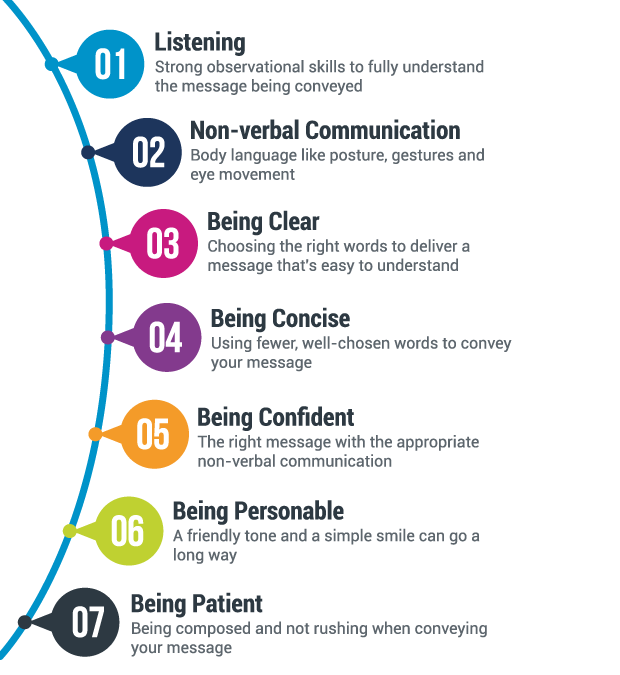
Establish an emotional connection
Appeal to your audience's emotions to make your words more effective and meaningful. You can use humor, shock, or affection to grab the attention of your listeners.
Review Your Work
Before sending any message, check your work for correct spelling, grammar, style, and tone. These types of errors can distract readers from your post. nine0003
Request Feedback
If you are writing or saying something important, ask a few friends or colleagues to rate your work. In addition to looking for common spelling and grammatical errors, they should check if your article adequately conveys your message.
Take a Writing Course
Enroll in a creative writing course at a community college or library to improve your writing skills. The instructors provide helpful feedback and guidance that you can use in your professional and personal writing. nine0003
Understand the purpose of your message
Before you prepare your message, identify its main purpose.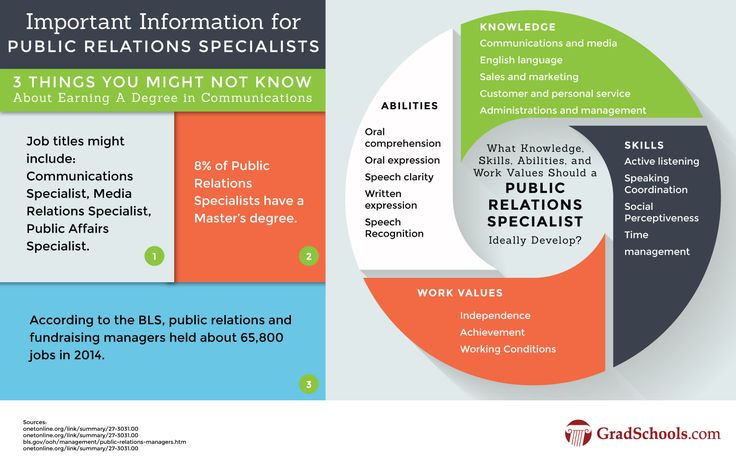 You can write for the following reasons:
You can write for the following reasons:
-
Entertainment program
-
Education
-
Find answers
-
Entrust the conversation
As soon as you know why you communicate, you can verify the whole process to verify that your content is relevant to your goals. nine0003
Pay attention to body language
Watch for non-verbal cues when you interact with people. Look for signs that they are interested in the material, such as eye contact or nodding. Signs that someone might not understand or be distracted include crossing their arms or checking their phone. If someone is not busy, consider changing your approach, asking questions, or taking a break.
In addition, you want to show that you are interested in the interaction. Don't cross your arms and make eye contact with the people you're talking to. nine0003
Avoid cliches and jargon
You want people to follow your message and relate to your content.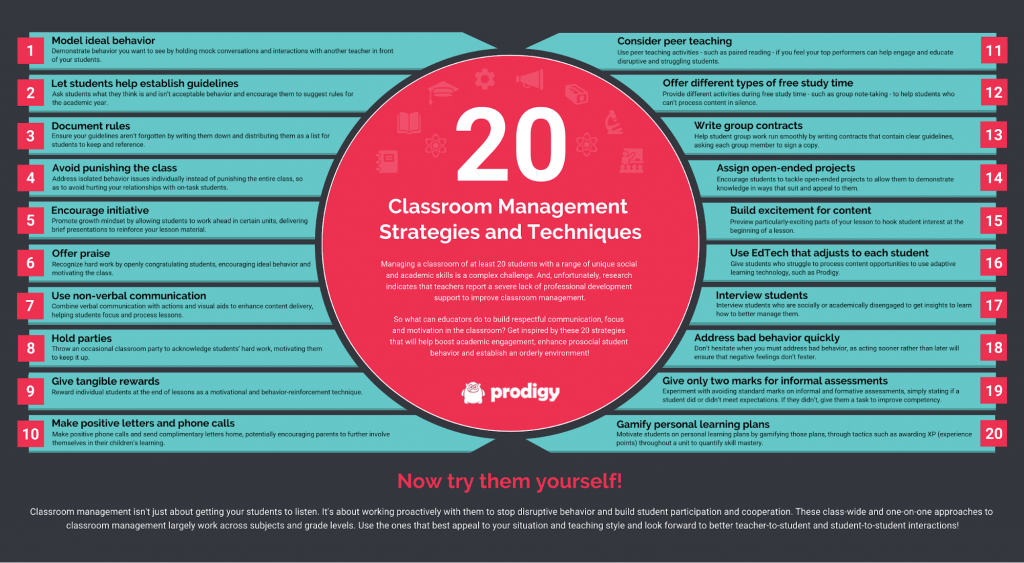 The use of clichés and business language can be distracting for certain audiences. Consider using vocabulary and language that appeals to the widest range of readers or listeners.
The use of clichés and business language can be distracting for certain audiences. Consider using vocabulary and language that appeals to the widest range of readers or listeners.
Use action verbs
Strengthen your communication by using active verbs rather than passive verbs. For example, instead of saying "An employee received an award," you could say, "The company awarded an employee an award." Active verbs improve your interaction with the people you're talking to and create more dynamic communication elements. nine0003
Pause when you need to.
If you are struggling to communicate an idea effectively, take a short pause to collect your thoughts. Instead of slipping in or offering a confusing message, formulate what you would like to say before answering. This tactic is useful in emotionally charged conversations. You may want to consider taking even longer to prepare your answer if you need more information or context. You can say, "I don't have that answer right now, but I'll look at it and get back to you.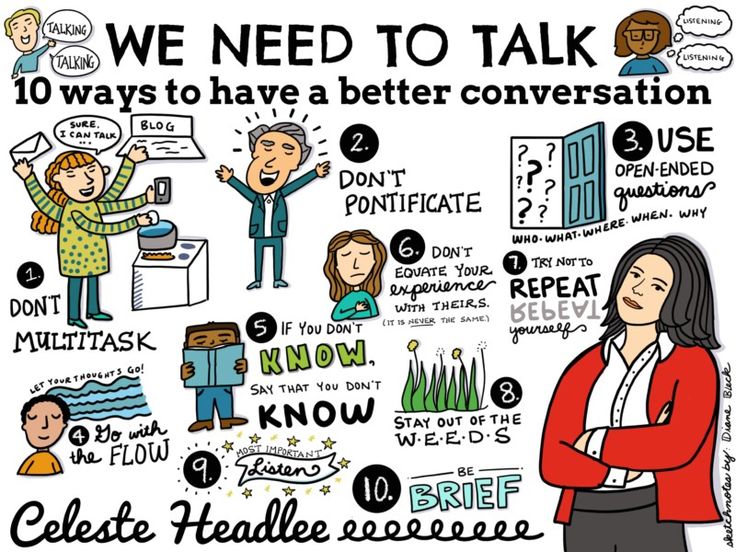 " People appreciate your honesty and commitment to finding the right information. nine0003
" People appreciate your honesty and commitment to finding the right information. nine0003
Formulate your message to engage readers or listeners
Find ways to present your material that readers can understand. If you are hosting a meeting for employees, consider why they might be interested in this information. Look for ways to frame what you say or write so that your audience feels like the content is important to them.
For example, if your company is introducing new meeting scheduling software, you could frame this announcement by explaining how the software can solve employees' current scheduling needs. This helps grab your audience's attention and gives them reasons why they should be interested in the information. nine0003
Get Ready
Before an important talk or presentation, research and study your agenda topic. You must be prepared to answer additional questions to demonstrate that you are well versed in the subject. Your audience needs to be sure that you are sharing the most accurate information.
Draw one important conclusion
Try to identify the key piece of information you want someone to remember from your interaction. Repeat this content throughout your conversation and consider asking the listener to repeat it to you at the end of your discussion. nine0003
Be open
Good communicators are open to new ideas. They accept feedback and can be flexible, quickly changing their course of action based on new information.
21 Ways to Improve Your Communication Skills • BUOM
Despite the different responsibilities of unique jobs across industries, many jobs share a few basic and essential skills. One of these is strong communication skills, which are vital in almost any position. Taking the time to develop excellent communication skills will have a positive effect on your productivity and success at work. nine0003
In this article, we explain why it is important to develop communication skills and offer a list of ways to become a better communicator.
Why is it important to improve communication skills?
Clear communication is the cornerstone of a successful relationship. These skills are vital to both your personal and professional life. Whether you're interacting with clients or other colleagues, most jobs require constant communication as part of your job responsibilities. Excellent communication skills will help you build positive relationships, clearly express your wants and needs, and ensure that all parties are understood. nine0003
Ways to become a better communicator
You can improve your communication skills using several strategies. Consider this list of tips for developing your communication skills:
1. Actively listen
Many people think that "communication" is synonymous with "talking." Listening is just as necessary, if not more important, than speaking. Use active listening strategies such as nodding in response to a remark, using confirmation sounds, and make a concerted effort to process what you hear rather than thinking about what you will say next. nine0003
nine0003
2. Use body language
Body language is a great tool to set the mood for a presentation or conversation. Smile, make eye contact, and keep your hands open while talking. This communicates to your audience that you are open-minded and positive, which should make them more receptive to hearing and accepting your message.
3. Understand the context
A private conversation with one colleague requires a different style of communication than a company-wide presentation. Know how to structure your speech, what volume level to use, and what ratio of speaking to listening is appropriate for the situation. nine0003
4. Allow silence
Silence in a conversation can be positive. Allow natural silence while talking to a client or colleague. This ensures that they have time to speak or respond, and you have time to process new information and formulate a clear answer or new idea.
5. Use action verbs
Using action verbs when you speak suggests that you are a person who is taking decisive action.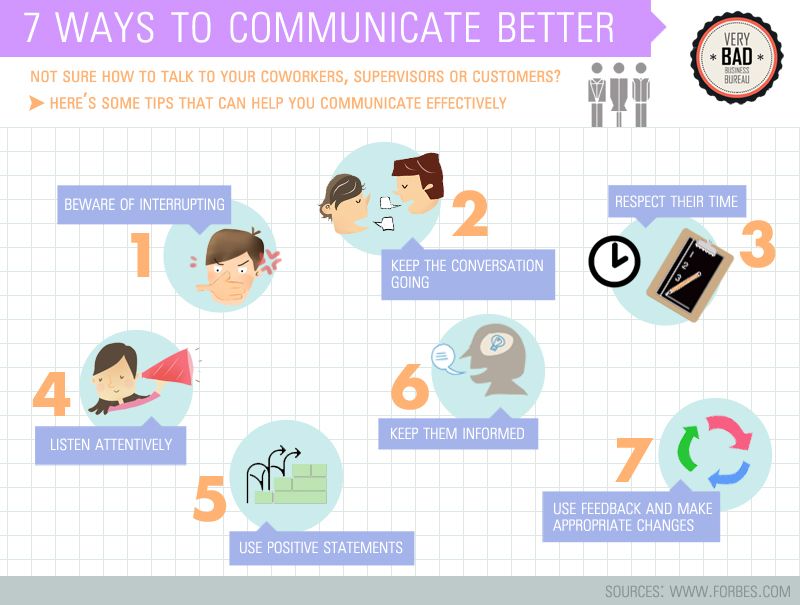 Change your speech patterns and use a variety of action verbs to get your point across. This is a particularly useful strategy for salespeople meeting with clients, or anyone else who might use them when evaluating performance with executives. nine0003
Change your speech patterns and use a variety of action verbs to get your point across. This is a particularly useful strategy for salespeople meeting with clients, or anyone else who might use them when evaluating performance with executives. nine0003
6. Ask for clarification
Take the time to ask the other person or people to rephrase your thoughts or expand on an idea if you need clarity. By asking questions, you show the other party that you are listening to what they have to say and that you really want to understand their point of view or ideas.
7. Treat the other person
Some conversations or meetings can become adversarial if the participants have different points of view. Make sure the relationship stays positive by finding an idea everyone agrees on. This should help relieve any tension and make communication open and productive. nine0003
8. Do your research
Before you go to a client meeting or presentation, make sure you have done enough research on the subject.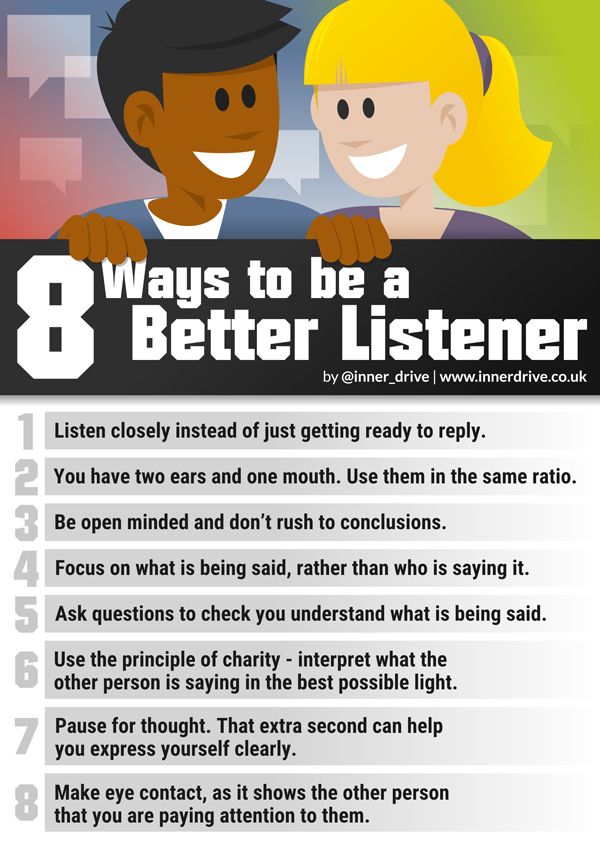 Prepare for any questions the client or your colleagues may ask, and write down important statistics, costs, or other facts and figures for reference if needed. By preparing in advance, you can feel more confident when communicating.
Prepare for any questions the client or your colleagues may ask, and write down important statistics, costs, or other facts and figures for reference if needed. By preparing in advance, you can feel more confident when communicating.
9. Direct the conversation
Some conversations may turn to topics that you do not want to discuss or that are not relevant to the purpose of the meeting or discussion. Prepare a few phrases or sentences to redirect the conversation if necessary. Try using phrases like "Let's remember why we're here..." or "Yes, but let's refocus..." to bring the conversation back to its purpose. nine0003
10. Learn storytelling
Entertaining problem posing is especially useful when giving a presentation or meeting with a new client. Use storytelling elements to create an engaging, effective, and compelling presentation. Start with a hook to grab your audience's attention, provide exposure for the background, and then enter the narration or presentation.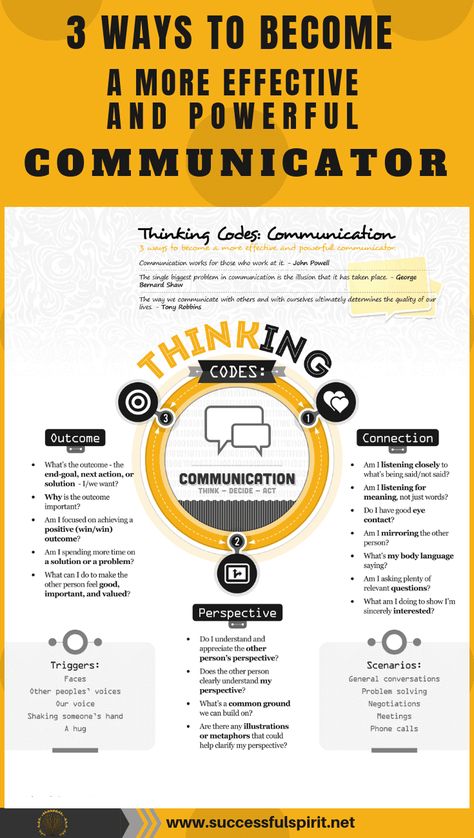 Using a narrative structure can help your message get across more effectively. nine0003
Using a narrative structure can help your message get across more effectively. nine0003
11. Relax
Use relaxation techniques, such as deep breaths and active shoulder release, to feel confident before an important conversation begins. Use this strategy whether you're giving a big presentation or having a one-on-one conversation with a colleague.
12. Define Your Purpose
Before you start a conversation or presentation, identify one overarching purpose that you hope to convey to your audience. Start the conversation with that goal, and then add refinements and details as you go. Focusing immediately on a key point ensures that everyone else knows what to focus on as the conversation or presentation progresses. nine0003
13. Be concise
Use as few words as possible when speaking. Just like setting out the key point at the very beginning of a conversation, brevity helps highlight an important aspect of your comment. It also helps keep the conversation balanced by giving the other parties ample opportunity to speak.
14. Practice Public Speaking
If your job requires regular presentations or public speaking, consider taking a public speaking course or joining a public speaking club. Practice is the best way to get better by performing in front of a large audience and gaining confidence. nine0003
15. Pick the Right Moment
Wait for the best moment to share your thoughts or ideas with a large group. Presenting your ideas at the right time is just as important as articulating them clearly. Wait until there is a moment of silence or a moment when the conversation is directly related to your contribution.
16. Put Empathy Over Emotions
In contentious discussions, it can be too easy to let your emotions dictate your answers. Instead of letting your strong feelings influence your response, use empathy to relate to other participants in a meeting or discussion. Take a moment to let your emotions settle before responding in high-stress conversations. nine0003
17.
 Comment when needed
Comment when needed If other participants in a conversation get too emotional or the discussion gets too negative, speak up to bring the group together and relieve tension. Consider suggesting a break or setting aside a few minutes for everyone to write down their thoughts to help focus the conversation.
18. Validate previous points
After someone shares, take the time to acknowledge and acknowledge what they have said before adding your own thoughts. This shows that you listened while they spoke and understood what they said. This tactic also helps everyone stay calm and ensures that people feel understood. nine0003
19. Watch your tone
Watch your tone when you speak. Smiling whenever you can will help keep your voice light and your tone positive. If you find yourself getting angry or nervous, take a deep breath and redirect your energy into changing your tone.
20. Control your reactions
You may find yourself in a conversation or discussion where you disagree with other participants.

